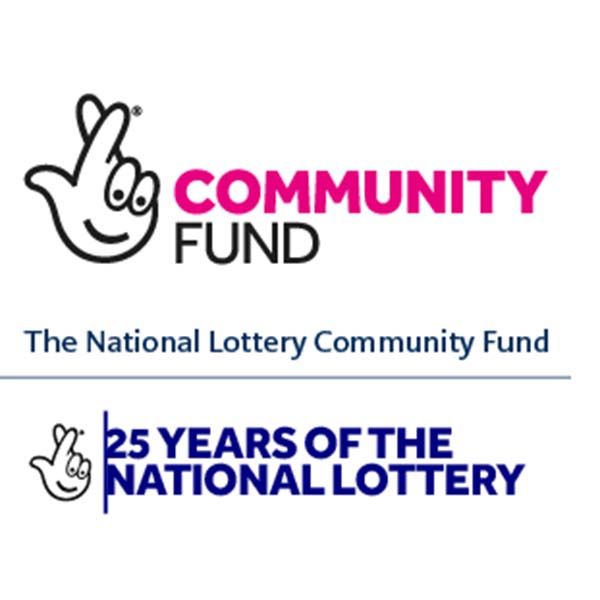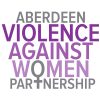We offer support to male survivors in all our services, with the same trauma-informed, person-centered approach we do for women and non-binary survivors. Whether it happened recently or a long time ago, we are here to listen and provide a safe, non-judgmental space for you.
Anyone can experience sexual violence, regardless of gender and background. The impact of sexual violence and abuse on the lives of boys and men can be just as wide-ranging and long-term as for other survivors.
Social attitudes about male survivors and legal definitions of some sexual crimes may make you doubt whether what happened to you was abuse. We want to assure you that what happened was not your fault and you are worthy of support. Having experienced sexual violence does not make you less of a man, nor does being a man make what happened to you less serious.






